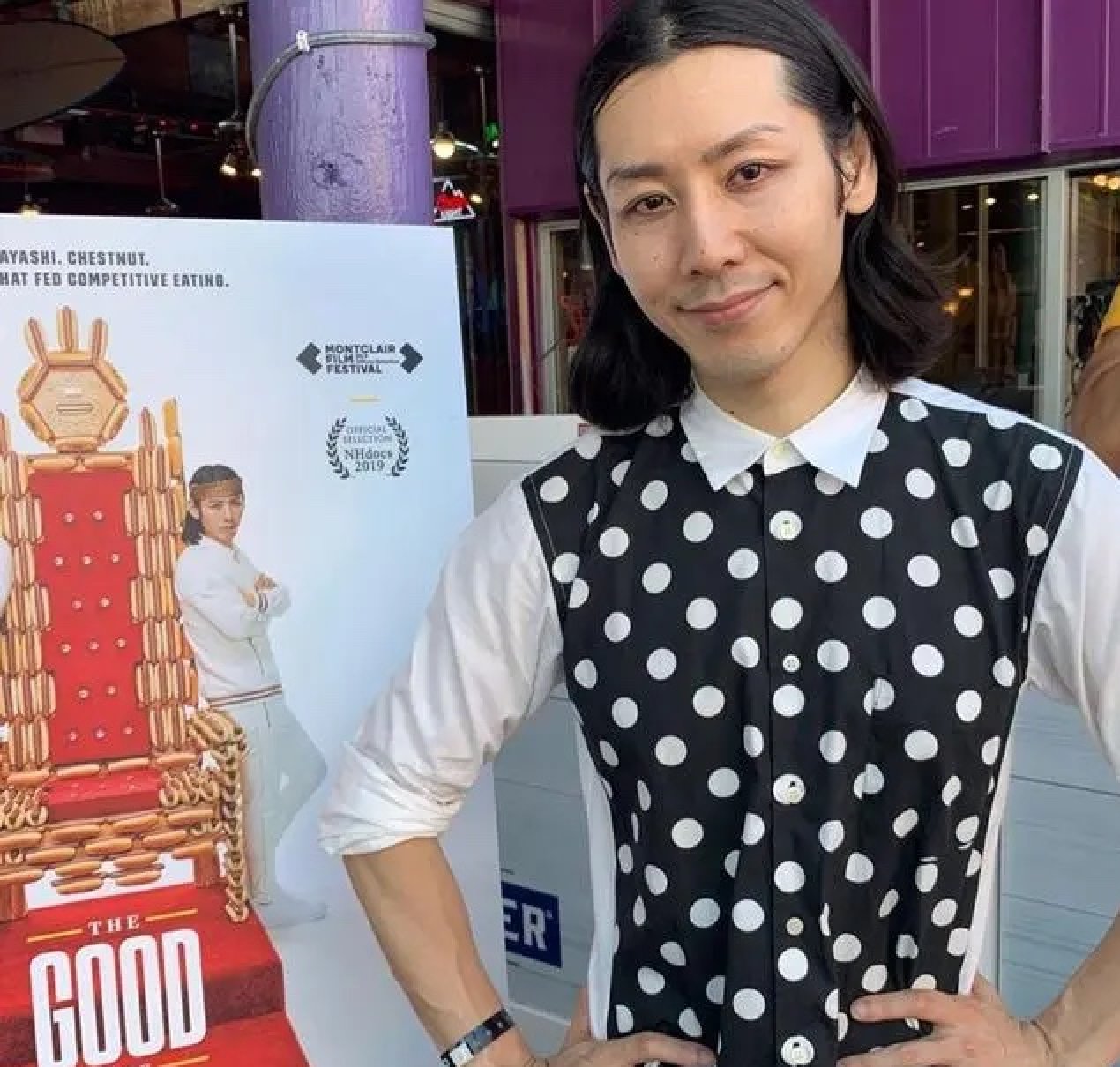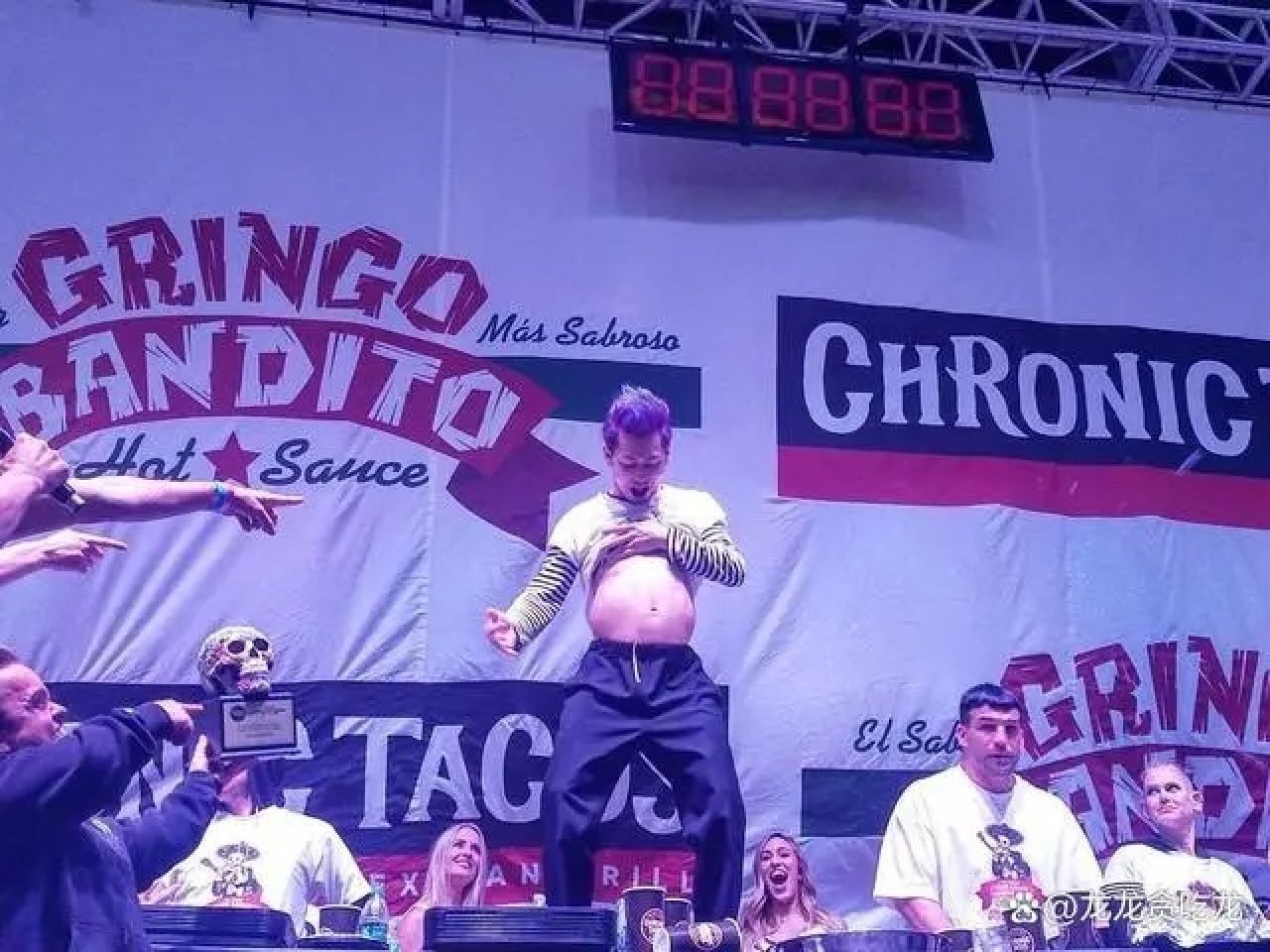Japan’s King of Competitive Eating has announced his retirement because he is no longer able to feel hungry.
Takeru Kobayashi, 46, won six consecutive titles at the internationally famous Nathan’s Hot Dog Eating Contest in New York, and even swallowed 64.5 hot dogs in one sitting.
At the age of 23, he made a name for himself by taking part in a Japanese competitive eating show, where he consumed 60 plates of sushi, 2.7kg of potatoes, and 16 bowls of ramen, also in one sitting.
Do you have questions about the biggest topics and trends from around the world? Get the answers with SCMP Knowledge, our new platform of curated content with explainers, FAQs, analyses and infographics brought to you by our award-winning team.
In Taiwan, he claimed victory by devouring 5,500g of lamb stew within 24 minutes. In Hong Kong, he emerged as the champion after consuming 100 char siu baos (steamed barbecue pork buns) in just 12 minutes.
Kobayashi reportedly had an annual income exceeding 100 million yen (US$650,000) through his competitive eating, more than enough to support his family.

Recently, he appeared in a Netflix documentary Hack Your Health: The Secrets of Your Gut, where he announced his retirement plan.
The film delves deep into the human digestive system, analysing the relationship between the gut, diet, and health.
Kobayashi said that he no longer feels hungry at all. His wife said he once went without eating for three days without feeling hungry.
“When you eat too much, you lose the ability to smell the food, and you also ignore signals from your body, such as feeling full,” Kobayashi told Netflix.
While medical experts found no irregularities in his intestinal bacteria, brain scans revealed the cause of his loss of appetite.
When Kobayashi sees food, all areas of his brain related to eating, food, nausea, and satiety are activated.
Neuropsychologist Annie Gupta told him: “Your brain still thinks you’re in competition, in a state of eating highly processed food.
“If everything has to work together to suppress your system so that you do not get disgusted by more and more food. You can see how far your body goes for what you want, even if it has to harm itself,” German scientist Giulia Enders added.
Kobayashi was shocked: “I started to feel afraid. I don’t know if my brain is still healthy.”
However, the scientist advised him: “Learn to listen to your body’s voice, even if it’s just a smell, a sensing, or very basic things.”
Kobayashi started using nutritious ingredients such as avocado, perilla leaves, shiitake mushrooms, and garlic to make healthier “hot dogs” in a bid to improve his eating habits.

“I want to live a healthy and long life, so I decided to quit competitive eating contests,” he said.
“For the past 20 years, I have been in this field. I worry about the consequences of my decision, but most importantly, I want to repair my brain and gut.”
His retirement has sparked a heated discussion on social media.
“I never realised your struggles until I saw this film,” one online observer wrote on Instagram.
“The show helped me better understand my own relationship with my gut. Thank you for being so candid, and take care of yourself,” said another.
More from South China Morning Post:
- ‘Panda dogs’ in China zoo spark row as pups are actually dyed canines, practice triggers allegations of animal cruelty
- ‘No need to work anymore’: cancer-hit Laotian man in US lands US$400 million in lottery after sharing jackpot with pal
- ‘Dream big’: fearless China teen spends US$1,600 on solo global tour, faces online bullying, sex-for-sale taunts
- China’s first publicly recognised transgender woman Jin Xing divorces German husband – remarries him 18 years later
- China mother-to-be pushed off cliff in Thailand by husband, killing baby, explains her return to scene of tragedy
For the latest news from the South China Morning Post download our mobile app. Copyright 2024.





